

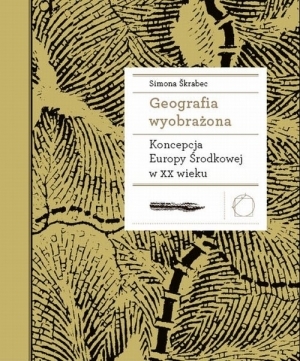
Books in series

Lekcja Europy Środkowej. Eseje i szkice
2009

Z powrotem w Europie Środkowej
2012

Geografia wyobrażona. Koncepcje Europy Środkowej w XX wieku
2005

Kompleks słowacki
2010

Львів
перечитування міста
2015
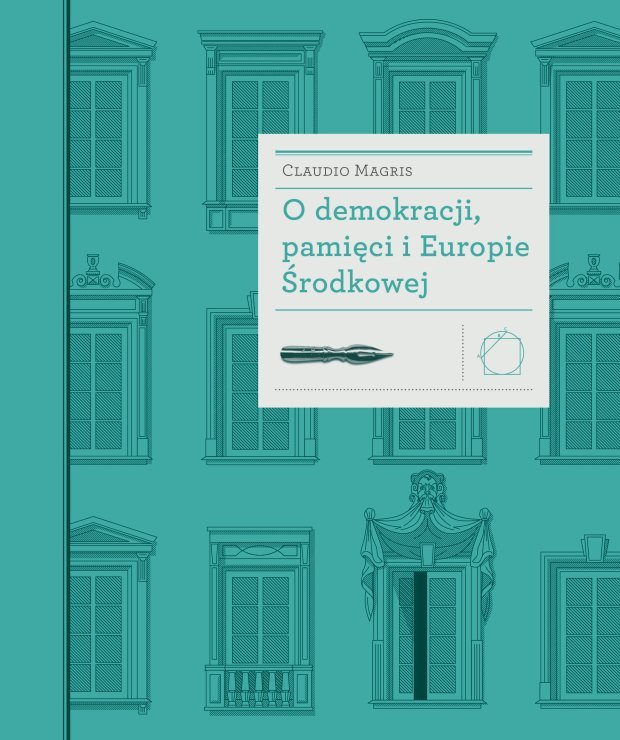
O demokracji, pamięci i Europie Środkowej
2010
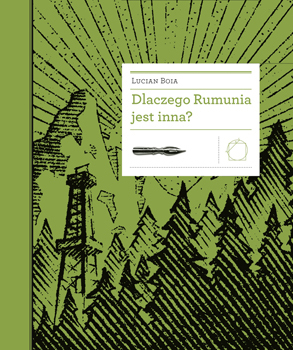
Dlaczego Rumunia jest inna?
2016

The Hungarians
A Thousand Years of Victory in Defeat
1999

Budapest 1900
A Historical Portrait of a City and Its Culture
1988
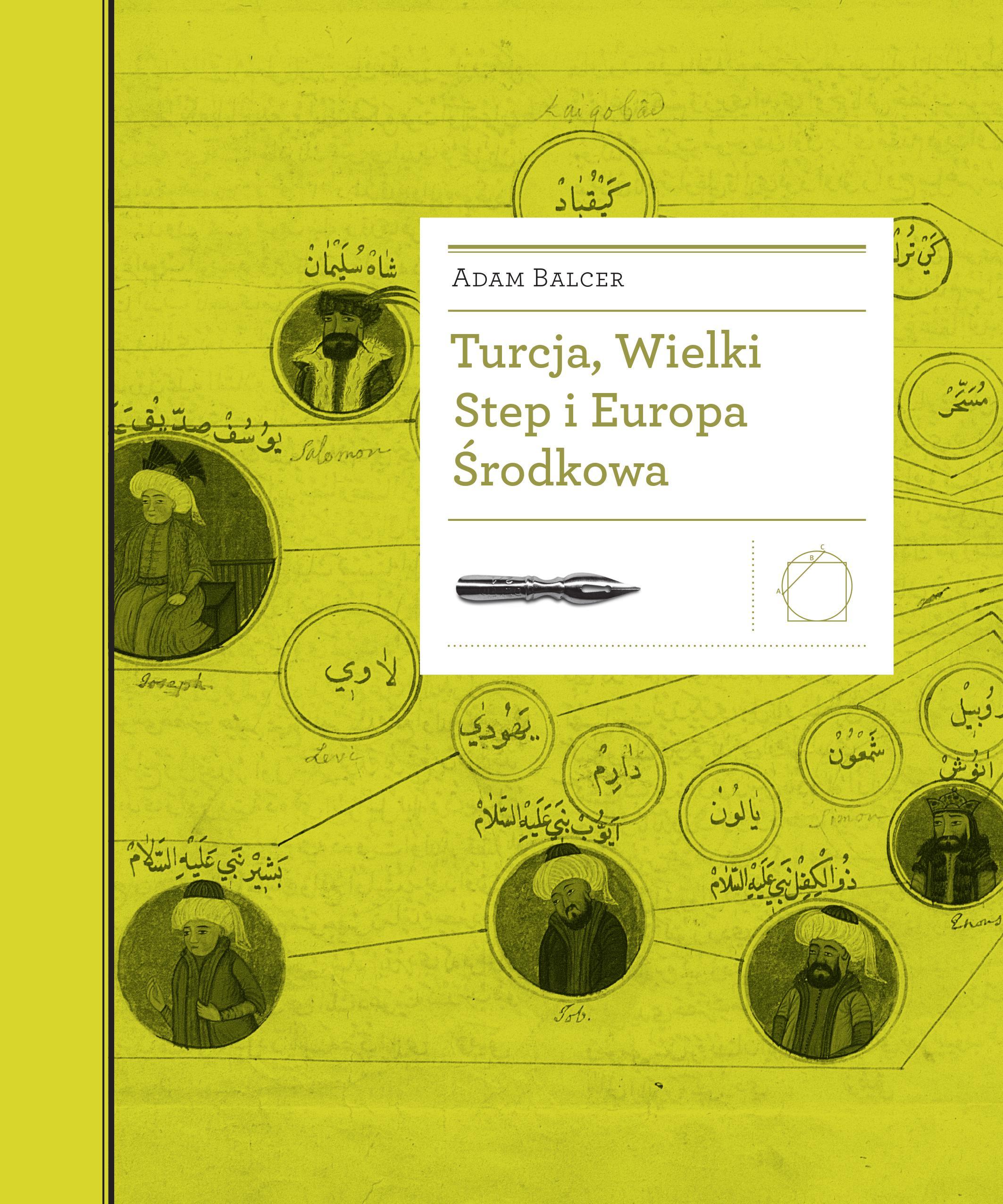
Turcja, Wielki Step i Europa Środkowa
2018

Czechy. Instrukcja obsługi
2009
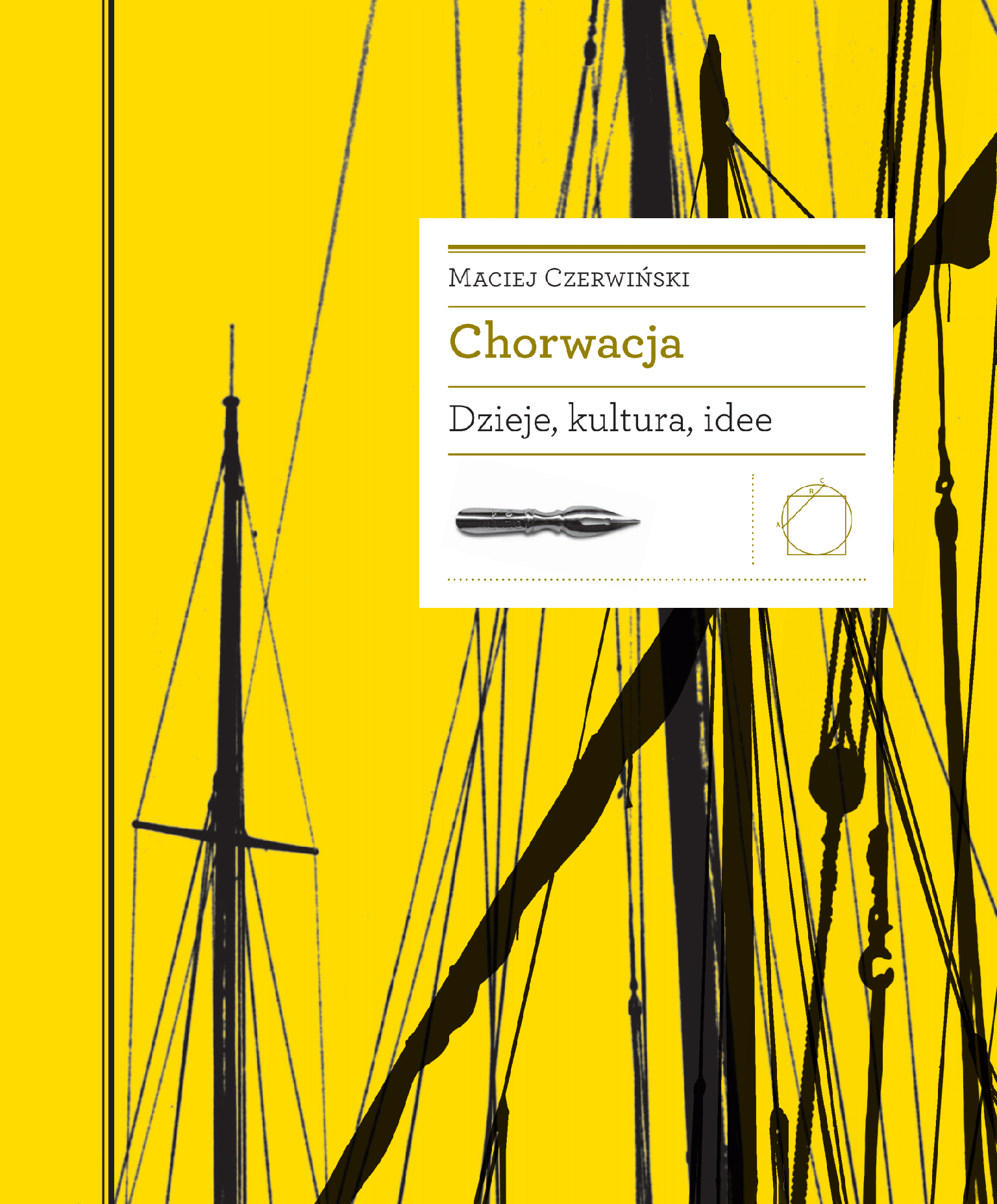
Chorwacja. Dzieje, kultura, idee
2020

Inventing Eastern Europe
The Map of Civilization on the Mind of the Enlightenment
1994

The Idea of Galicia
History and Fantasy in Habsburg Political Culture
2010
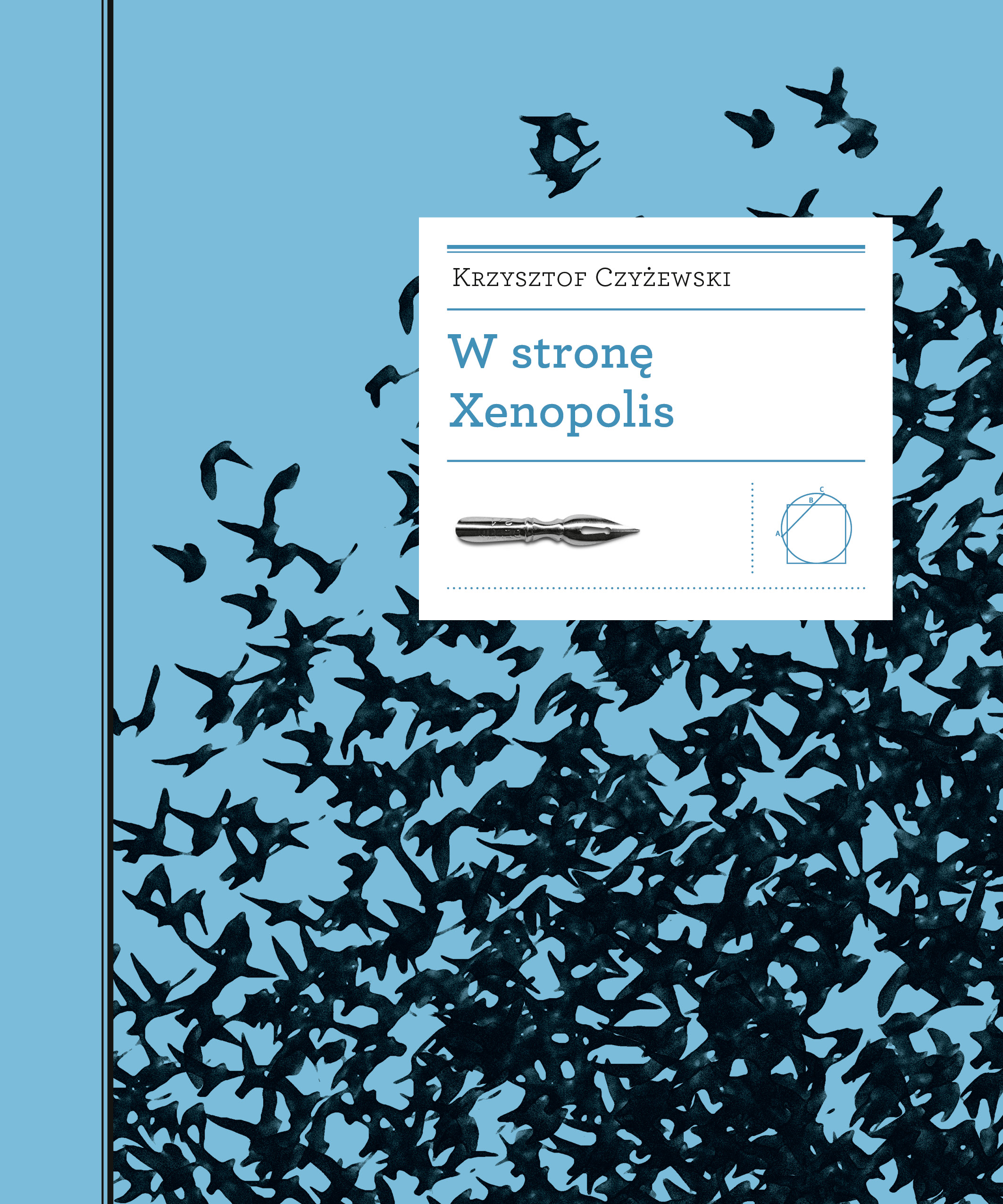
W stronę Xenopolis
2019

History of the Adriatic
A Sea and Its Civilization
2019

Mitteleuropa revisited
Warum Europas Zukunft in Mitteleuropa entschieden wird
2018

Storočie dlhšie ako sto rokov
1999
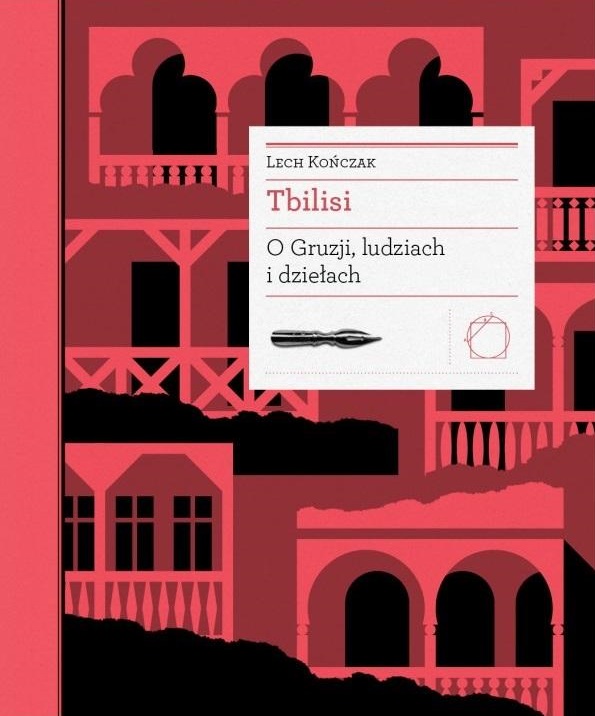
Tbilisi. O Gruzji, ludziach i dziełach
2023
Authors

Claudio Magris was born in Trieste in the year 1939. He graduated from the University of Turin, where he studied German studies, and has been a professor of modern German literature at the University of Trieste since 1978. His most well knwon book is Danubio (1986), which is a magnum opus. In this book Magris tracks the course of the Danube from its sources to the sea. The whole trip evolves into a colorful, rich canvas of the multicultural European history. He's translated the works of Ibsen, Kleist and Schnitzler, among others, and he published also essays about Robert Musil, Jorge Luis Borges, Hermann Hesse and many others.

Lukacs was born in Budapest to a Roman Catholic father and Jewish mother. His parents divorced before the Second World War. During the Second World War he was forced to serve in a Hungarian labour battalion for Jews. During the German occupation of Hungary in 1944-45 he evaded deportation to the death camps, and survived the siege of Budapest. In 1946, as it became clear that Hungary was going to be a repressive Communist regime, he fled to the United States. In the early 1950s however, Lukacs wrote several articles in Commonweal criticizing the approach taken by Senator Joseph McCarthy, whom he described as a vulgar demagogue.[1] Lukacs sees populism as the greatest threat to civilization. By his own description, he considers himself to be a reactionary. He claims that populism is the essence of both National Socialism and Communism. He denies that there is such a thing as generic fascism, noting for example that the differences between the political regimes of Nazi Germany and Fascist Italy are greater than their similarities.[2] A major theme in Lukacs' writing is his agreement with the assertion by the French historian Alexis de Tocqueville that aristocratic elites have been replaced by democratic elites, which obtain power via an appeal to the masses. In his 2002 book, At the End of an Age, Lukacs argued that the modern/bourgeois age, which began around the time of the Renaissance, is coming to an end.[3] The rise of populism and the decline of elitism is the theme of his experimental work, A Thread of Years (1998), a series of vignettes set in each year of the 20th century from 1900 to 1998, tracing the abandonment of gentlemanly conduct and the rise of vulgarity in American culture. Lukacs defends traditional Western civilization against what he sees as the leveling and debasing effects of mass culture. By his own admission a dedicated Anglophile, Lukacs’s favorite historical figure is Winston Churchill, whom he considers to be the greatest statesman of the 20th century, and the savior of not only Great Britain, but also of Western civilization. A recurring theme in his writing is the duel between Winston Churchill and Adolf Hitler for mastery of the world. The struggle between them, whom Lukacs sees as the archetypical reactionary and the archetypical revolutionary, is the major theme of The Last European War (1976), The Duel (1991), Five Days in London (1999) and 2008's Blood, Toil, Tears and Sweat, a book about Churchill’s first major speech as Prime Minister. Lukacs argues that Great Britain (and by extension the British Empire) could not defeat Germany by itself, winning required the entry of the United States and the Soviet Union, but he contends that Churchill, by ensuring that Germany failed to win the war in 1940, laid the groundwork for an Allied victory. Lukacs holds strong isolationist beliefs, and unusually for an anti-Communist émigré, "airs surprisingly critical views of the Cold War from a unique conservative perspective."[4] Lukacs claims that the Soviet Union was a feeble power on the verge of collapse, and contended that the Cold War was an unnecessary waste of American treasure and life. Likewise, Lukacs has also condemned the 2003 invasion of Iraq. In his 1997 book, George F. Kennan and the Origins of Containment, 1944-1946, a collection of letters between Lukacs and his close friend George F. Kennan exchanged in 1994-1995, Lukacs and Kennan criticized the New Left claim that the Cold War was caused by the United States. Lukacs argued however that although it was Joseph Stalin who was largely responsible for the beginning of the Cold War, the administration of Dwight Eisenhower missed a chance for ending the Cold War in 1953 after Stalin's death, and as a consequence the Cold War went on for many more decades.




